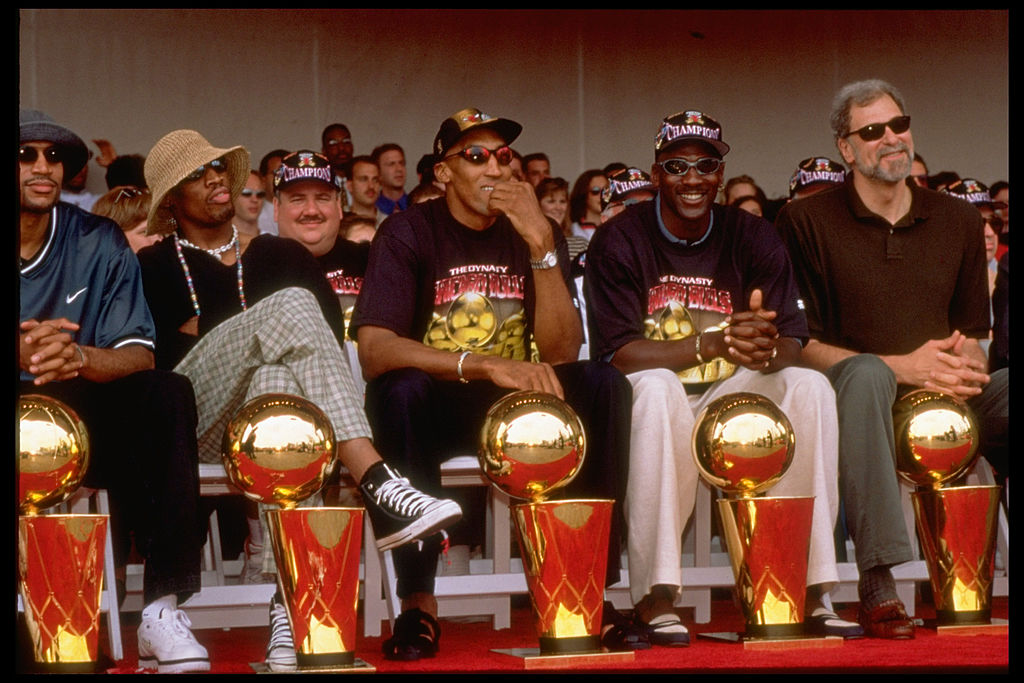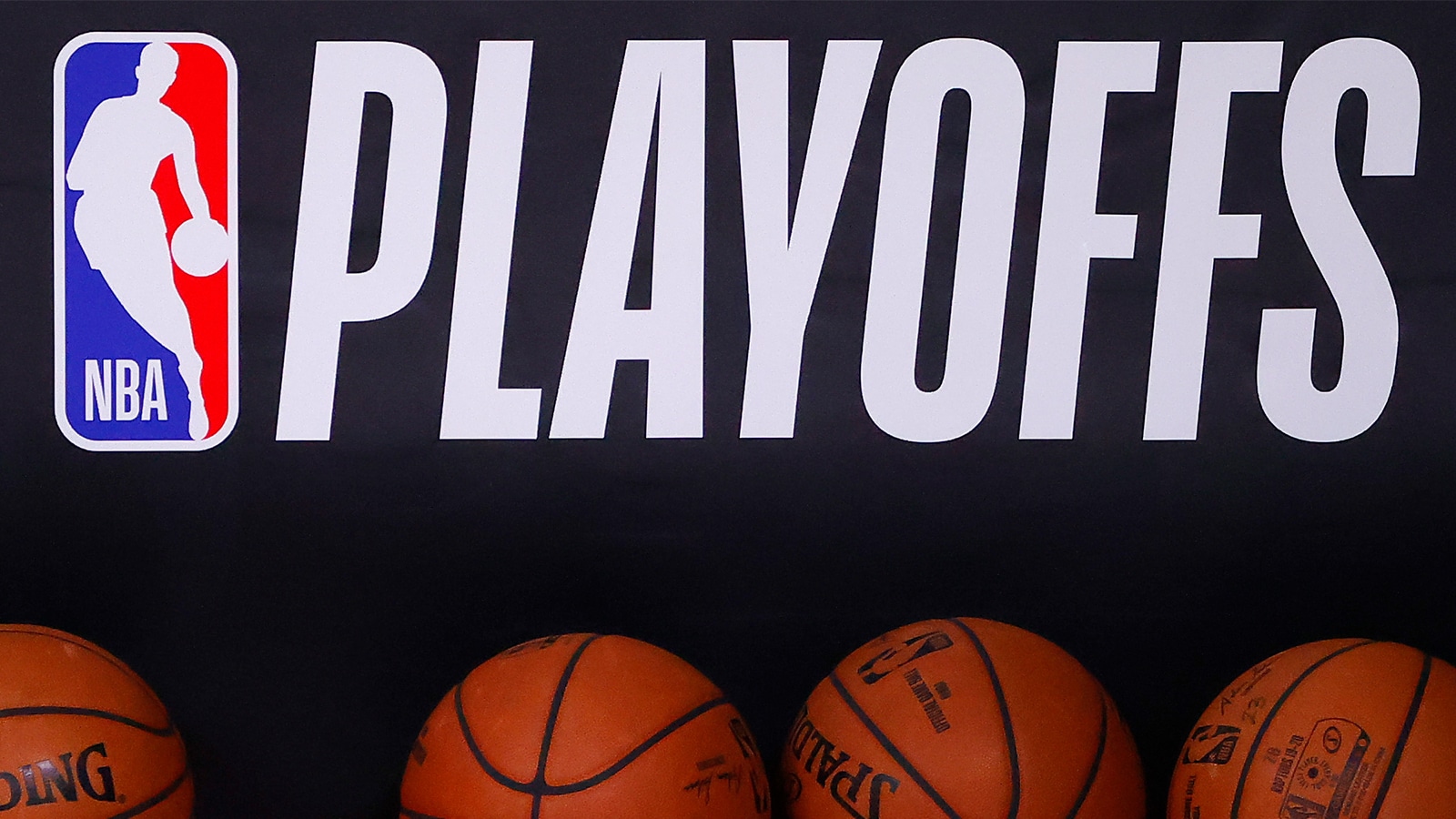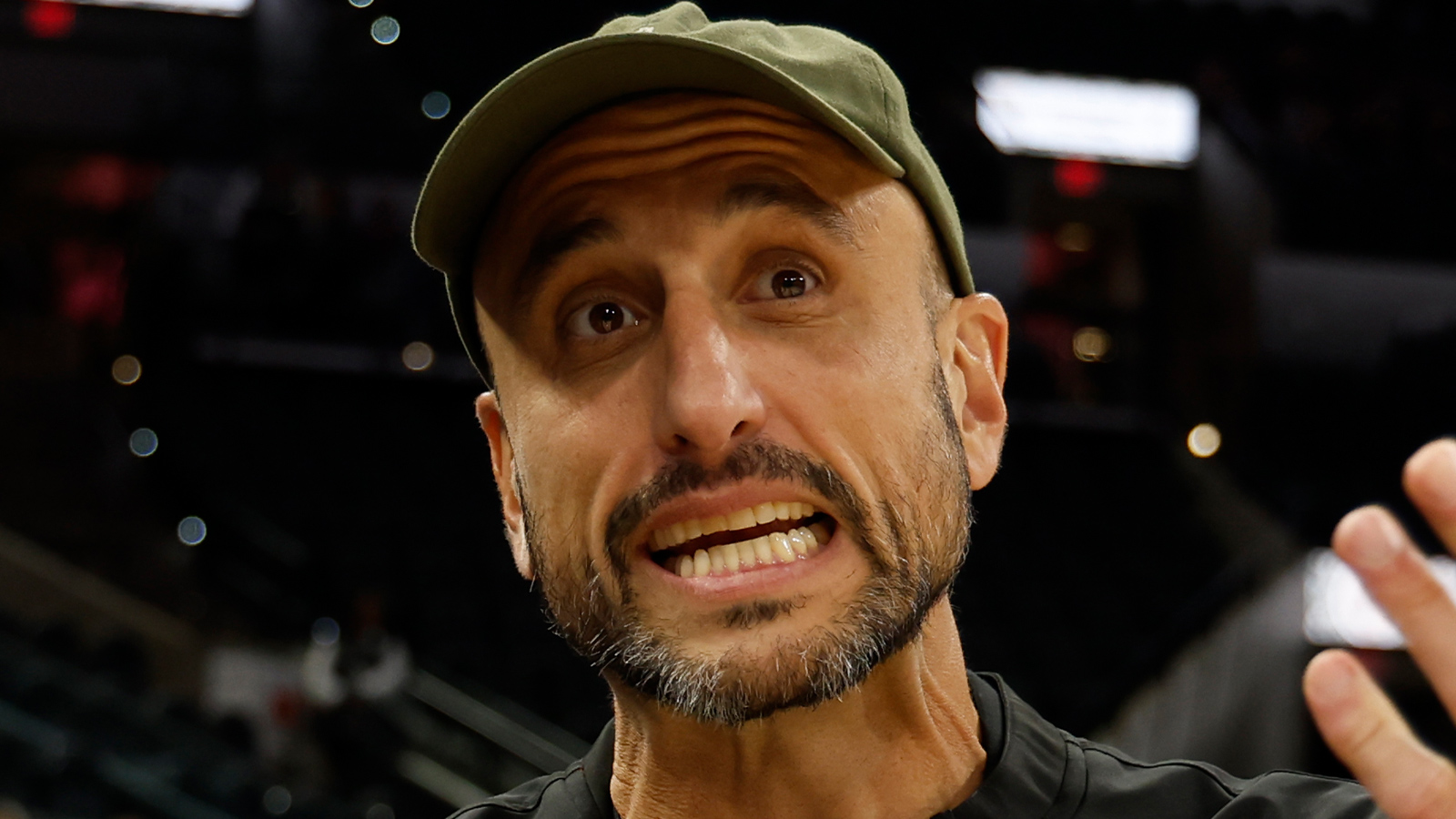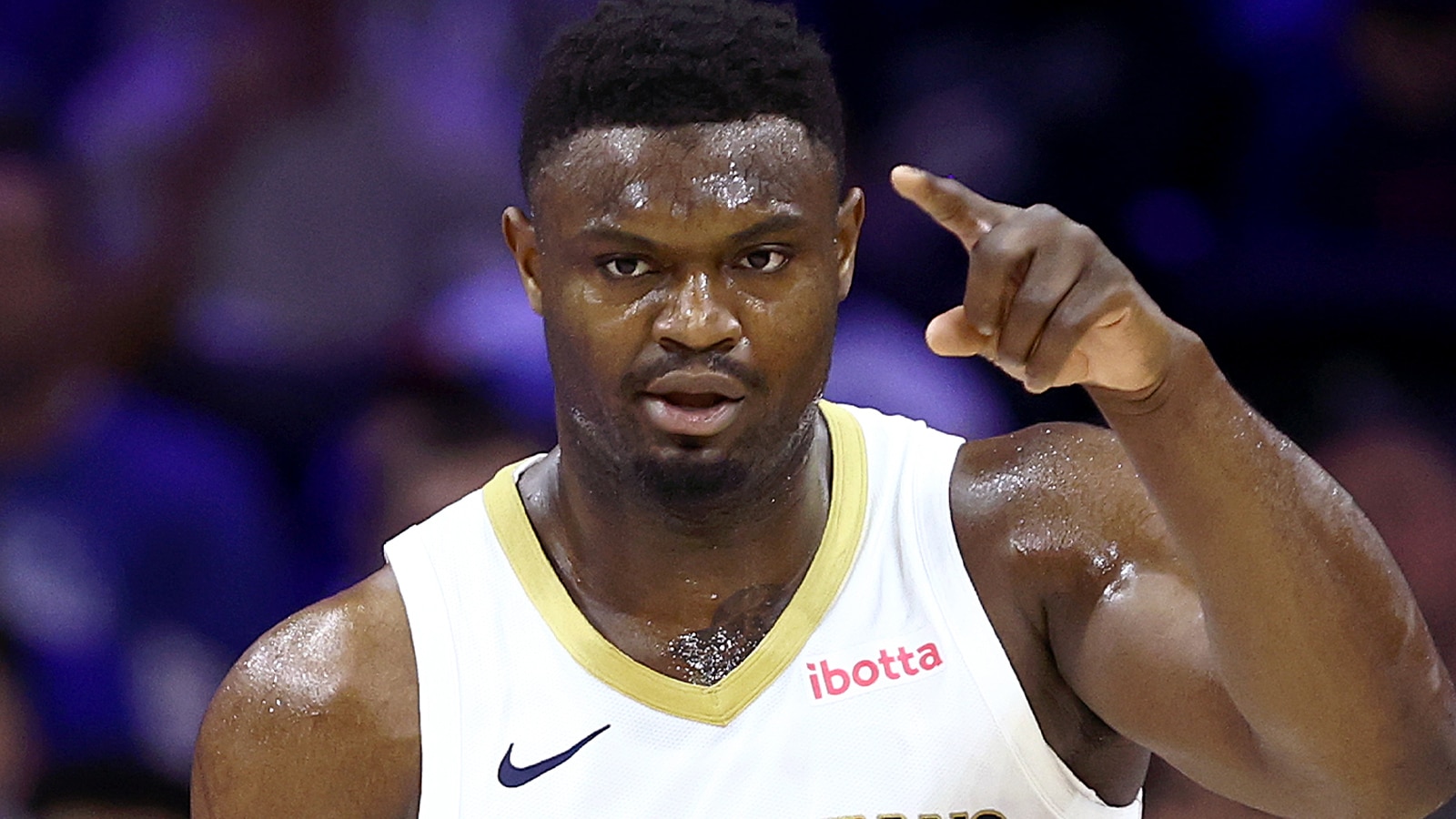
Michael Jordan Inadvertently Kept Scottie Pippen From Making More Money With the Chicago Bulls
On the basketball court, Michael Jordan and Scottie Pippen were the perfect pair. Even the best relationships don’t last forever, though. After winning six NBA titles together, Pippen left Chicago for the Houston Rockets; he had been underpaid by the Bulls and was ready to make the money he felt like he deserved.
While it’s impossible to argue that Pippen didn’t deserve money, the reality of the NBA was simply different at the time. A variety of factors, including Michael Jordan’s own contract, kept the forward’s salary artificially depressed.
Scottie Pippen’s road to the Chicago Bulls
While Michael Jordan established himself as a basketball star at the University of North Carolina, Scottie Pippen took a different road to the NBA. The forward played his college ball at the tiny University of Central Arkansas; there, he finally started making headlines.
In the 1987 NBA draft, the Seattle SuperSonics selected Pippen fifth overall, but he would never play a game for the franchise. The Chicago Bulls had their eyes on the forward and worked out a draft-day deal, sending Olden Polynice and picks west in exchange for Scottie. That move would change basketball history forever.
Although he wasn’t immediately a star, Pippen developed into Jordan’s right-hand man. Together, the two helped Chicago win six NBA titles, becoming one of the greatest dynasties in American sports.
Michael Jordan inadvertently set the salary ceiling for his teammates
In modern professional sports, the athletes hold the leverage and can command massive deals whenever they hit free agency. In the 1980s, however, the landscape was much different. Most players had lengthy, team-friendly deals.
Scottie Pippen was on one of those contracts. During his initial run with the Bulls, he never made more than $3.425 million. While that was a criminal underpayment, the deal didn’t exist in a vacuum; it stemmed from a combination of factors.
As explained by Chris Herring, Pippen “came up extremely poor, so he craved long-term security/money up front,” which locked him into a long-term deal. He also signed his five-year contract extension shortly before the NBA’s new TV deal kicked in; if the timeline was even slightly different, he could have made far more money.
Michael Jordan’s contract also played a role in Pippen’s salary, though. While His Airness eventually made more than $30 million a season, those paydays didn’t come until he demanded one-year contracts as an established superstar. For most of the early 1990s, Jordan was making between $2.5 million and $4 million per season. That reality set a de facto salary cap; no matter how important Pippen was to the Bulls, he wasn’t going to command more money than Michael.
Everything worked out well for Scottie Pippen and his bank account
While Scottie Pippen may have eventually fallen out with Jerry Krause and the Chicago Bulls, the forward finally got the payday he wanted. When he joined the Houston Rockets in 1998, his salary immediately jumped to $11 million.
After that single season in Texas, Pippen signed a new deal with the Portland Trail Blazers. He was paid handsomely in the Pacific Northwest, bringing home as much as $19 million per year, before returning to Chicago for two final seasons.
By the time he called it a career, Pippen had earned a hair under $110 million, which was actually more than Jordan’s total playing salary. Today, the forward is worth roughly $50 million; that a nice comeback from being criminally underpaid.



